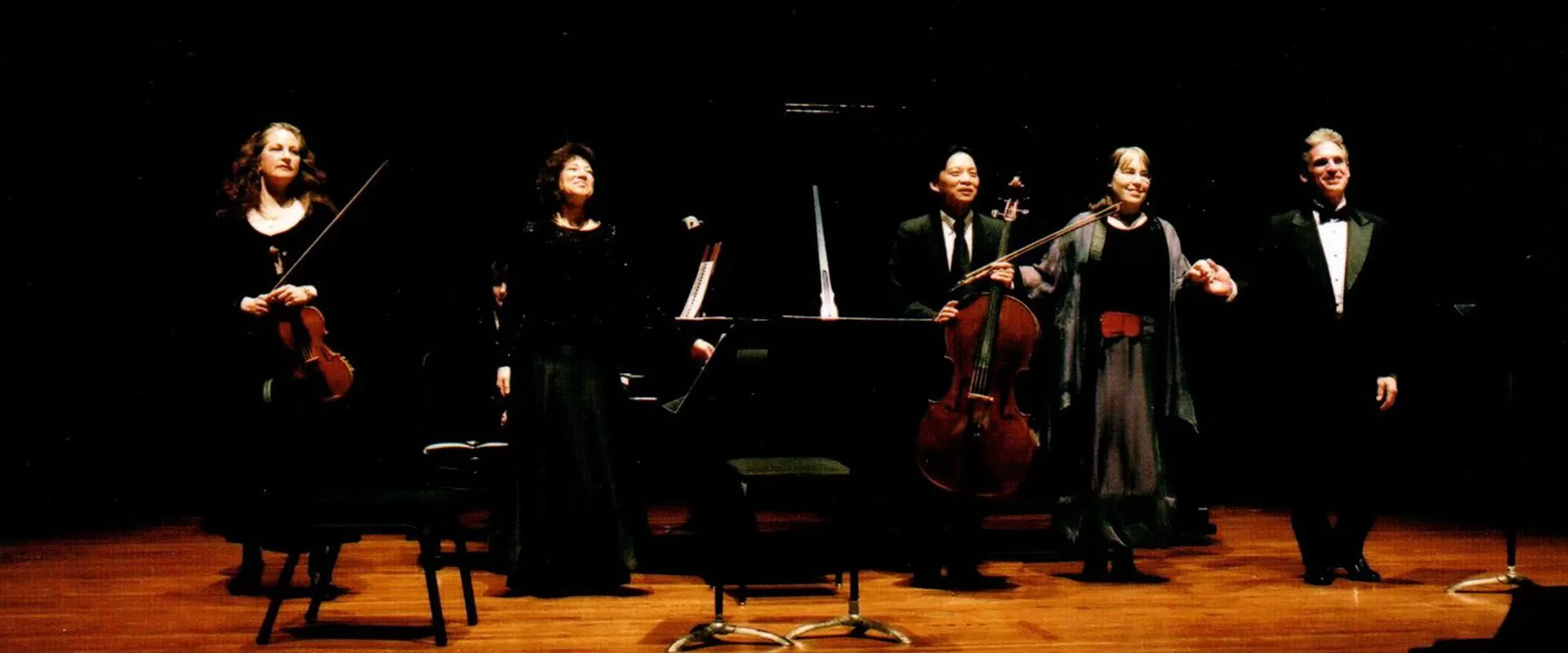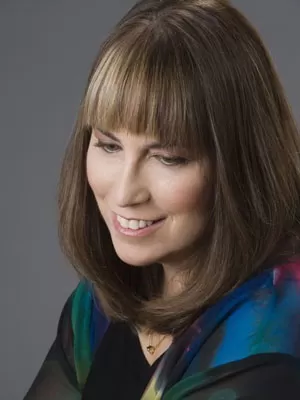World Premiere: April 27, 2003, Benaroya Hall, Seattle, WA at Music of Remembrance’s Holocaust Remembrance Day Concert.
Lori Laitman offers the following remarks:
Fathers for baritone and piano trio sets the poems of Sri Lankan poet Anne Ranasinghe and the late Russian poet David Vogel. I had previously set their poetry in my Holocaust 1944 song cycle and continued to be interested in their works. This cycle can be considered a sequel to another Holocaust related cycle of mine entitled Daughters, which sets the poetry of Holocaust poets Anne Ranasinghe and Karen Gershon. Here, however, the focus is on the father-child relationship rather than the mother-daughter relationship. Anne Ranasinghe’s father was murdered by the Nazis. If the poem by David Vogel is autobiographical, his father simply disappeared after being arrested by the Nazis. The subject matter of these poems, as well as their length, created particular challenges for me as a composer. There are three main songs in this cycle: “You, Father,” “Last Night I Dreamt,” and “I Saw My Father Drowning.” The fourth main poem, “Don’t Cry,” is much shorter and its theme serves as a respite to the nightmarish visions of the other poems. I felt, however, that the cycle was not structurally coherent with three long songs followed by such a short song. I also felt that something was needed to counteract the despair of the three main songs. So I divided the last song, “Don’t Cry,” with its message of hope, into musical fragments. Each fragment appears before each of the main songs. The first fragment is a setting of the first sentence of the poem; the second fragment is a setting of the first two sentences, and so on. The first two fragments are set with only pizzicato strings. The right hand of the piano is introduced in Fragment 3 and both hands of the piano join in as “Don’t Cry” is played in its entirety. While there are slight differences in the repetitions of the fragments, there is enough similarity so that as each fragment returns it sounds familiar. Thus the poem’s message is enhanced as the music itself, soothing and repetitive, returns as a “healing balm” before each of the harsher songs.


